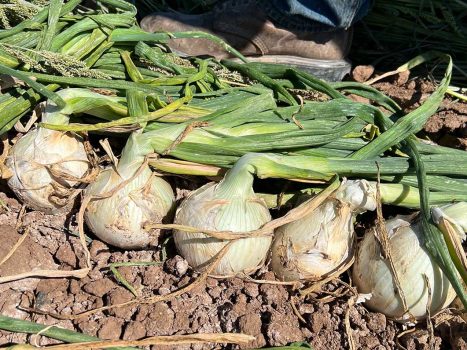In its September newsletter, the Texas International Produce Association announced that it, “alongside Texas Citrus Mutual, Texas Sugar Growers League, Texas Farm Bureau, and many other groups representing South Texas agriculture have made [the U.S.-Mexico Water Treaty]… issue a priority as water approach historical lows.” The newsletter reads, “The U.S.-Mexico Treaty of 1944 governs the waters of the Rio Grande River, and as the final U.S. users of those waters South Texas and northern Tamaulipas are both highly dependent on that treaty ensuring fair access to the water. However, several states in Mexico have failed to abide by that treaty and it has created issues for farmers on both sides of the border.”
The groups are requesting “that the U.S. State Department apply pressure to the federal government of Mexico and the states of Chihuahua and Coahuila to release the 626,000 acre feet of water from their reservoirs in following with the treaty,” the newsletter continues. “With that water, the agriculture on both sides of the border will suffer and hundreds of thousands of jobs directly supported by the industry will be impacted. Further, the water restrictions currently impacting 4 million people in the region will turn into water shutoffs.”
It goes on to say, “This collective of advocates has had three or more meetings each week in August. We have met with both U.S. Senators from Texas, with the local Congressional representatives, with leadership in the Senate and House Foreign Affairs Committees, as well as regional officials including mayors, county judges and city officials.” Many different routes are “being consider to bring the water needed, and entitled, to the region.”
Following are links to letters, one-pagers, and press releases from some involved in this effort.
https://files.constantcontact.com/26ecd872101/6e16cab7-4be9-4ced-a1eb-211713e4679a.pdf
For those in the South Texas or northern Tamaulipas agriculture sectors who “feel as strongly as the group of advocates on this issue,” TIPA encourages contact with city, county and state officials, asking them to join these groups in demanding that all users abide by the 1944 Treaty.


